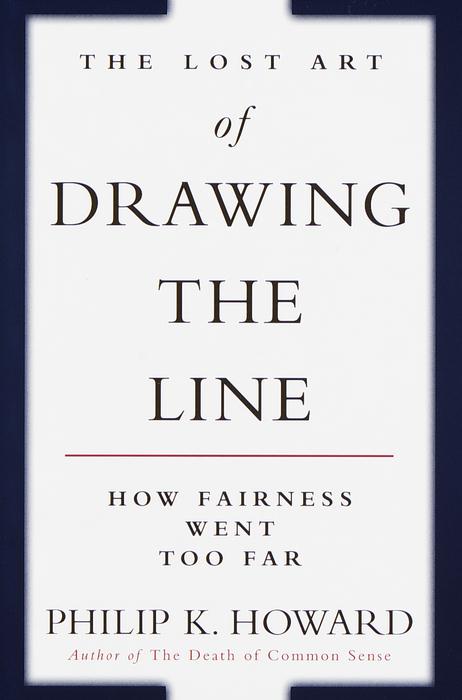
The Lost Art of Drawing the Line
How Fairness Went Too Far
- اطلاعات
- نقد و بررسی
- دیدگاه کاربران
نقد و بررسی

April 2, 2001
Howard offers a powerful though myopic look at our litigious society. When the common interest is undermined by the fear of being sued, as in America today, Howard claims, we have a social dysfunction rooted in the embrace of individual rights. Understanding justice as the right to champion individual interests and judicial fairness as neutrality between claimants provides no standard for what is good or even reasonable: "Justice today is purposeless" and has become "a kind of sporting contest." Instead of protecting society, law has become a vehicle for the pursuit of individual entitlement, while judges shy away from making value judgments. What's missing, says Howard, is authority, a recognizable source of values and leadership that asserts a hierarchy of goods in place of the undifferentiated arena of individual rights. Far from threatening individual freedom and democracy, Howard argues, authority is indispensable if we want to overcome the "structural flaw" of individual rights, with its unintentional transfer of "power for common decisions to self-interested individuals." While this argument is sensible and persuasive as far as it goes, it suffers from an oddly truncated view of the world. It's as if society consists only of individuals and government, with interests limited to individuals and the public as a whole, without corporations, interest groups and other organizations anywhere in sight. With the exception of teacher's unions, Howard strips his analysis of much of the sources of power and interest in American society, leaving his otherwise thoughtful efforts seriously incomplete. (Apr.) Forecast: Howard's last book,
The Death of Common Sense, earned him a reputation as a cultural pundit, so his 10-city tour should garner him media attention if not respectable sales.

December 20, 2000
Having bemoaned The Death of Common Sense, Howard argues that we must learn to "draw the line," that is, take some responsibility.
Copyright 2000 Library Journal, LLC Used with permission.

April 1, 2001
The author of the best-seller " The Death of "Common Sense (1995) turns to the evolution of the U.S. from being a nation defined by risk taking to one that is cautious to the point of inertia. An explosion of litigation has prompted Americans to avoid legal risks of any kind; hence, a municipality removes a slide from a playground, and a hospital refuses to treat a wounded man just outside its doors. Howard traces trends in commerce, education, and government--from appeals for organization and efficiency to mistrust of authority and the nation's condition--that have led to institutional reluctance to take responsibility. Americans have lost a sense of the ability to effect change and the freedom to innovate or even deliver more than minimal service. Reciting a litany of everyday irritants that have been litigated, Howard calls for the revival of the American ideals of freedom and sense of the common good but cautions that change probably won't come from Washington and other seats of authority unless individual citizens press for it.(Reprinted with permission of Booklist, copyright 2001, American Library Association.)




دیدگاه کاربران